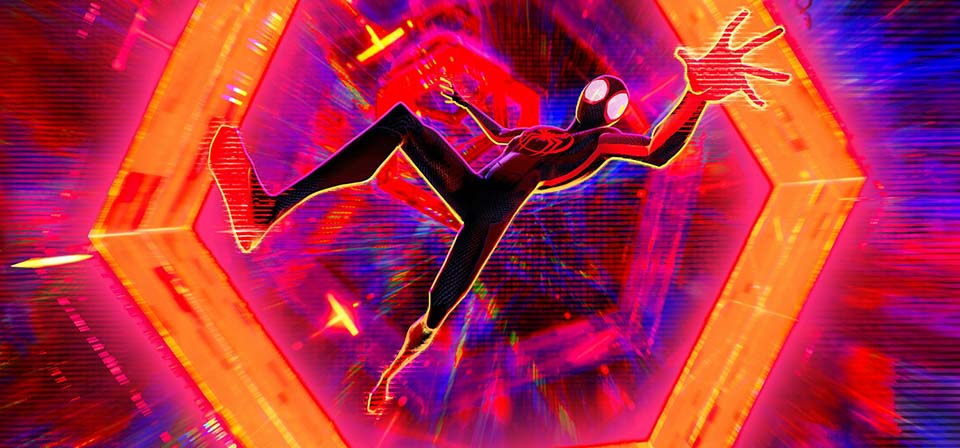
Crisis of meaning, part 3: What lies beyond the Spider-Verse?
A question worth asking of a story, then, is: “Is there room for God in this story, in this world?”

Crisis of meaning, part 2: The lie at the end of the MCU multiverse
Sometimes it seems like the universe is sending you a message. In the MCU, the calls are coming from inside the house.
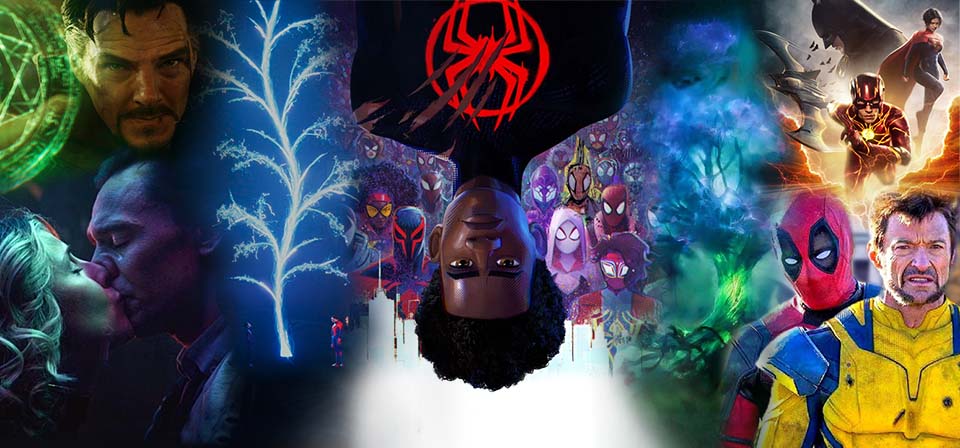
Crisis of Meaning on Infinite Earths, part 1: The multiverse and superhero movies
Is it possible to tell meaningful stories in a multiverse premise? Or does the multiverse idea tend toward nihilism?

Two things I wish George Miller had done differently in Furiosa: A Mad Max Saga
The Fury Road prequel is a satisfying return to the world of the demented 2015 film—but there were two missed opportunities, relating to Immortan Joe’s Wives and Furiosa’s revenge.

Furiosa tells the story of a world (almost) without hope
Is there no hope? This desperate question hangs over the previous film in the saga, Miller’s 2015 extravaganza Mad Max: Fury Road. Now, the same question haunts Furiosa, an epic origin-story prequel for Fury Road’s stealth protagonist, Charlize Theron’s Imperator Furiosa.

Wildcat lacks O’Connor’s oddness, but brims with passion
Wildcat bills itself as “based on short stories by Flannery O’Connor,” though it could equally be said to be based on O’Connor’s letters (the source for much of Flannery’s dialogue) and her prayer journal (used to depict her prayer life in earnest voiceovers).

Watch: The Song of Bernadette and Lourdes – An Arts & Faith Top 100 discussion with Kenneth R. Morefield
In which I chat with the editor of a collection of essays about the Arts & Faith Top 100 films about my contribution to the book
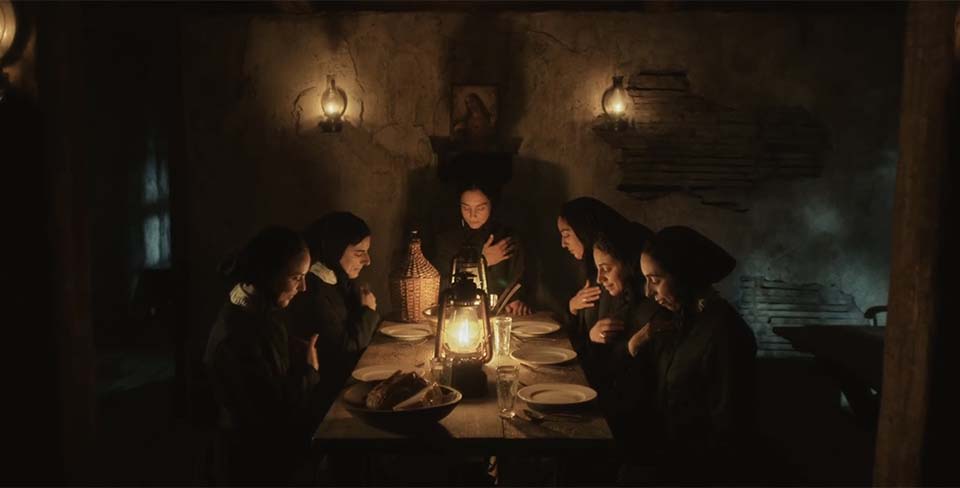
The face of God in Cabrini
Does the movie “secularize a saint”? Reckoning with the curious dearth of God talk and overt religiosity in this faith-based biopic about the founder of a religious community
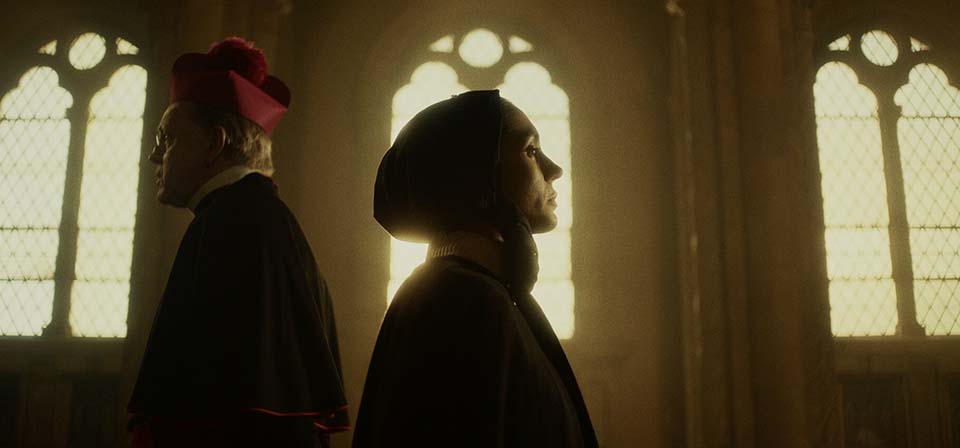
Cabrini celebrates human dignity and solidarity; the saint remains an enigma
What kind of world do we want, and what will we do to achieve it? Those are the questions with which Alejandro Monteverdi’s Cabrini leaves us at the end of its 140 minutes. The questions land harder after the story we’ve seen.
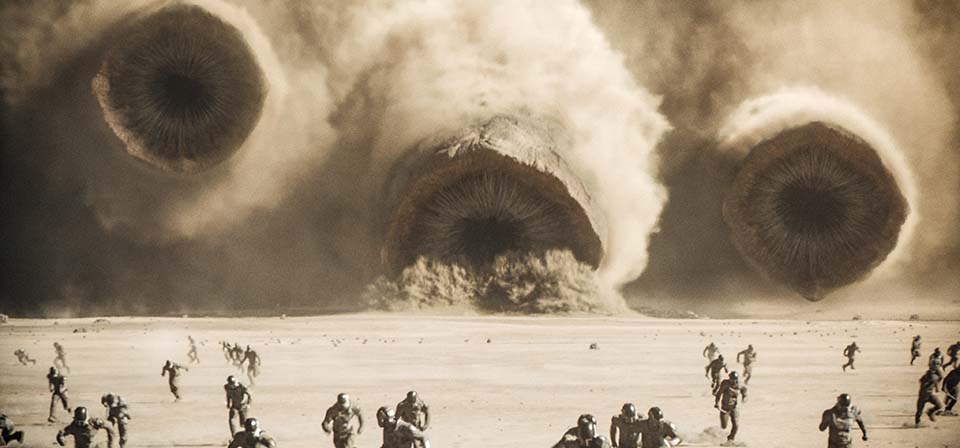
Dune: Part Two exceeds expectations in every way — except humanity
There’s something bracing about a blockbuster epic in 2024 that doesn’t care what you think of it, that is primarily concerned with being the best possible version of itself.
Recent
- Benoit Blanc goes to church: Mysteries and faith in Wake Up Dead Man
- Are there too many Jesus movies?
- Antidote to the digital revolution: Carlo Acutis: Roadmap to Reality
- “Not I, But God”: Interview with Carlo Acutis: Roadmap to Reality director Tim Moriarty
- Gunn’s Superman is silly and sincere, and that’s good. It could be smarter.
Home Video
Copyright © 2000– Steven D. Greydanus. All rights reserved.